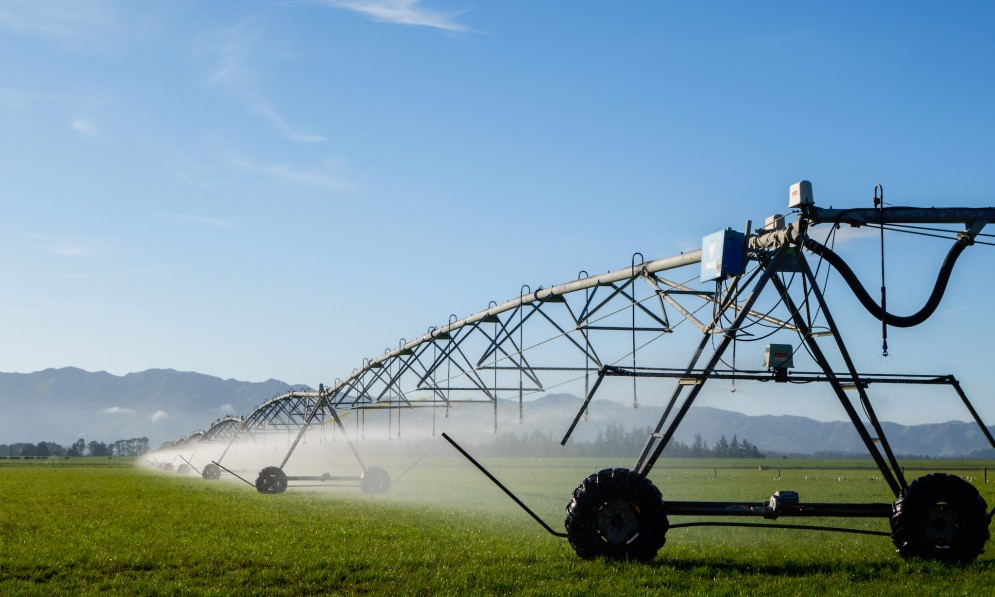Forest & Bird says a major environmental report out today confirms nature is in serious trouble in New Zealand, and is paying the price for an economic strategy that prioritises the production of low value commodities.
The report confirms New Zealand’s native plants and animals on land are continuing to decline across the country, with 83% of our land-based birds, bats, reptiles and frogs in trouble. Our native forests, bush and tussocklands are continuing to shrink, and our soils are deteriorating due to erosion and intensive farming.
“This is what happens when we direct the economy towards low value commodity markets like milk powder, raw logs, and bulk tourism. Our land, soils, water, and native species are taking the hit,” says Forest & Bird Chief Executive Kevin Hague.
“Our forests and wildlife are the country’s treasures, and taonga for Māori, and we’re seeing them decline and degrade during our lifetime."
The Our Land 2018 report was released this morning by the Ministry for the Environment and Stats NZ, as part of their environmental reporting series.
“In many areas nature appears superficially intact, but wildlife is disappearing and forests are being degraded by pests. In other areas, tiny fragments are struggling to cling on and are at risk from extreme climate-driven events,” says Mr Hague.
The report also reveals there is little or no information about the state of many of our native plants and animals, and key areas lack any proper management.
“Nature in many parts of New Zealand appears to have been forgotten."
“Rātā has all but disappeared from the Aorangi Range near Wellington because of browsing by possums. The Department of Conservation will need a major boost in funding in the coming Budget to protect these forgotten places.”
Mr Hague points out the report shows investment in conservation works.
“Twenty land-based bird species are doing better because of intensive management, showing investment really works. But the vast majority of our native land birds, reptiles, and frogs are in trouble and the Government will need to substantially increase investment to protect them.”
Mr Hague says the report shows native habitats in our lowlands have dramatically decreased over time and nature is often reduced to small, disconnected fragments on private land.
“Stronger action by local and regional government is needed to reverse the decline in nature in the lowlands.”
Necessary initiatives include releasing a National Policy Statement on Indigenous Biodiversity, and making sure forestry regulations are up to the task of protecting nature in the face of the Billion Trees rollout. “
As the report highlights, climate change is making all of these problems worse. More intense rain and drought events intensify pressures on our land, such as erosion, wildfires, and pest invasions.”
The report also finds that our soils, which underpin our economy, are deteriorating due to erosion and intensive farming.
“Intensive farming has major consequences for the environment, but it also has impacts on our ability to farm in the future. Compacted soils, with high phosphorous content, are bad for water quality but they’re also not productive,” says Mr Hague.
“This approach to land use is a lose-lose for both the economy and the environment.”
“This report should act as a call to action for the new Government. Our land-based nature in New Zealand urgently needs investment, stronger rules to reverse the tide of loss we are seeing in our lowlands and forgotten places, and an economic approach that works with our natural environment rather than against it.”

